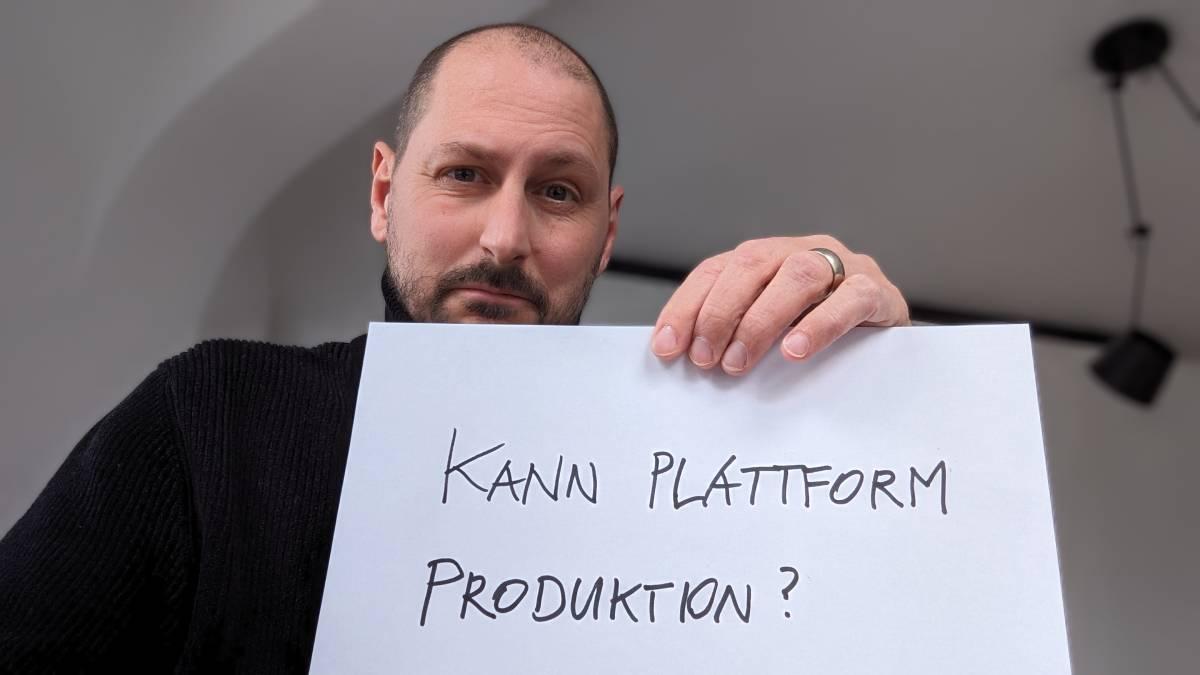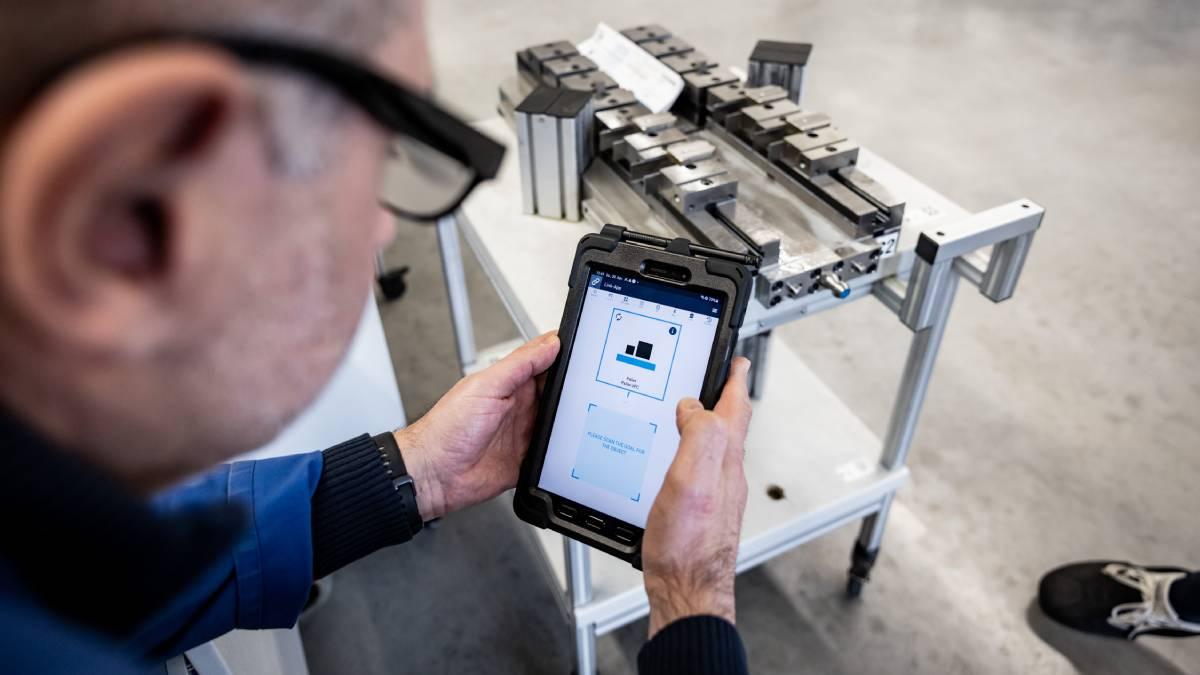Do platforms work for production?

Digital platforms have become an integral part of the main areas of our daily lives: retail, food, travel, mobility, communication, entertainment - you could find and list many more. What is missing is the area of production.
But what are digital platforms and what is the platform economy? If we ask ChatGPT, we learn the following:
"The platform economy is an economic model based on digital platforms. These platforms act as intermediaries or marketplaces that bring together different user groups such as suppliers and consumers."
There are also procurement platforms that bring buyers and manufacturing companies closer and leaner together. But here the manufacturing companies are on the supplier side and not on the consumer side. Consumers here are, for example, buyers of components that, to be honest, must not exceed a certain level of complexity. A complete injection molding tool, for example, cannot yet be ordered in a meaningful way. But there are also other approaches.
Take Adamos, for example
A few years ago, a consortium of established companies launched the Adamos digital marketplace. The idea behind it: Manufacturing companies can use a marketplace to find, test and buy digital products from various suppliers, making it easy for them to move towards Industry 4.0.
The concept sounded promising and numerous providers were attracted to the platform. We at EVOMECS also offered parts of our software suite there. However, Adamos was discontinued after just a few years in April 2023 because the platform failed to establish itself on the market.
Why didn't Adamos work? One explanation.
First of all, the question arises as to what problem a platform like Adamos is supposed to solve. The first step is to take the perspective of the end users, i.e. the manufacturing companies that could potentially purchase solutions via a marketplace.
The manufacture of complex products, for which German companies in particular continue to enjoy a high reputation, often goes hand in hand with complex production processes. The digitalization of complex production processes requires technically sophisticated solutions that can reduce complexity and thus achieve improvements.
The bigger the problem to be solved, the greater the benefit of a solution, but the more technically sophisticated the solution. And the more sophisticated a solution is, the longer the "customer journey", i.e. the process of marketing, sales, implementation, onboarding and use of a solution.
Digital marketplaces and platforms, on the other hand, promise ease, simplicity and non-binding nature: browse, test, subscribe, use, cancel, next.
The Adamos example was made even more difficult by the fact that the solutions from the various manufacturers had no significant interfaces to each other, meaning they could not be integrated. However, the decisive factor for solving complex problems in production is, above all, the highest possible degree of data consistency. If I purchase solutions A and B from the same marketplace, but they do not interact with each other in production (or at best via additional interfaces that need to be developed), then I may have solved problems A and B, but I have created problem C from scratch.

So it's not all that simple. And that brings us back to the actual question: Do platforms work for production at all?
Despite the challenges described above, from our point of view a clear yes. There are just a few things to consider:
The customer journey must do justice to the complexity.
The solutions can, in principle, be purchased digitally, but the sales and onboarding process must be comprehensively supported by the provider, keyword solution selling. A showstopper for scaling? Not necessarily. The customer journey can also be digitized to a large extent and thus made scalable. However, a certain amount of personal support will always be necessary, also in the interests of the provider.
Implementation and use must be simple and easy.
Digital applications often have to be connected to existing system landscapes. This is a key technical difference to traditional smartphone or online apps, which generally function completely independently. Implementing these connections and interfaces quickly, smoothly and, above all, stably is an enormous technological challenge, but a crucial prerequisite. The customer's production must only be minimally affected during implementation. It is even more difficult to maintain and further develop an application during production. Updates must be carried out regularly and during ongoing operations. This is a technical chapter in itself.
All applications on the platform must be integrable.
Solutions from different providers must be able to be deeply integrated with one another in order to actually be able to fulfill the actual value proposition of manufacturer neutrality - without additional interface development. The moment an application from provider C is installed, it must be able to fully interact with all relevant data from application A and B. Immediately and without compromise. This is the only way to achieve real data consistency and thus real user benefits.
EVOMECS and Univedo
The EVOMECS Software Suite has been based on a proprietary platform called Univedo from the outset. This platform has been in productive use for years. However, the initial focus was on data consistency and simple implementation. In the near future, the platform will be raised to the next evolutionary stage and made available in the cloud, including a marketplace. The first cooperation partners are currently starting to develop their own applications for the platform, which will then be able to interact in depth with EVOMECS products.
In our view, this is an approach that can definitely be successful, as it puts the benefit of the user before the benefit of the provider. And only innovations that serve the user have a real chance of succeeding.
If you would like to find out more about the EVOMECS software suite or the underlying Univedo platform, please contact us!


